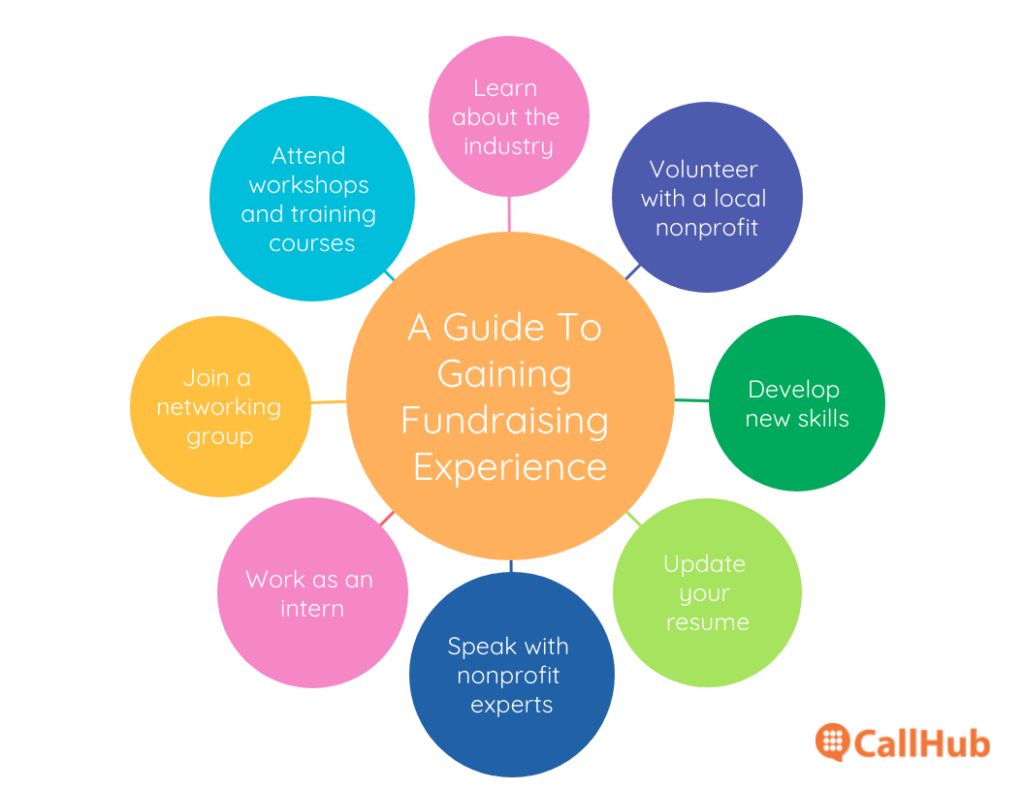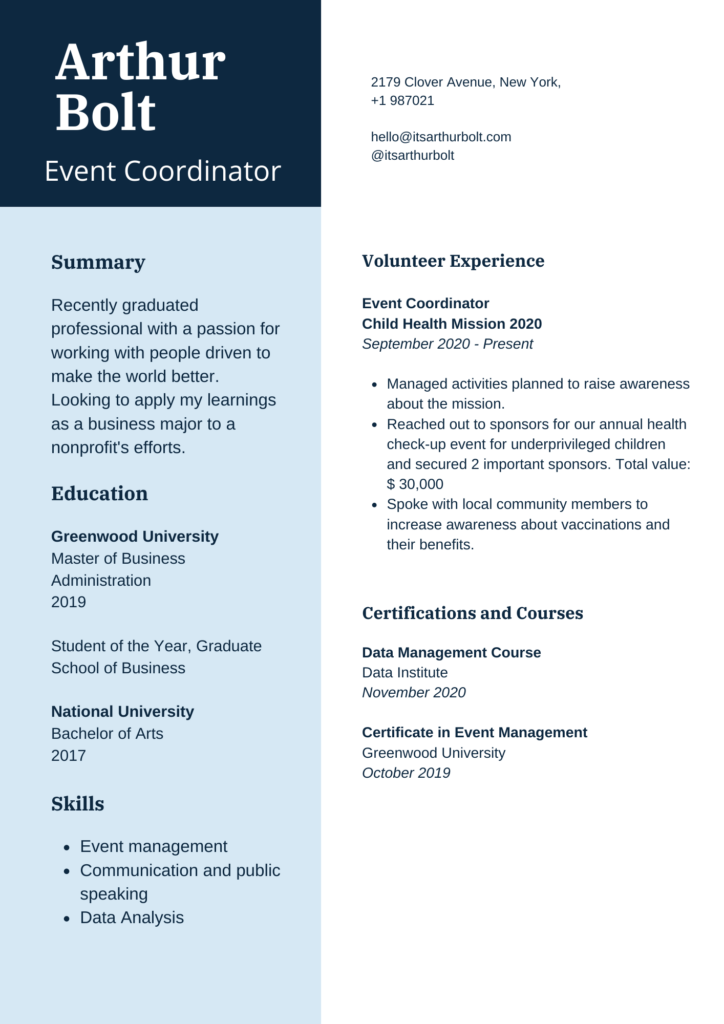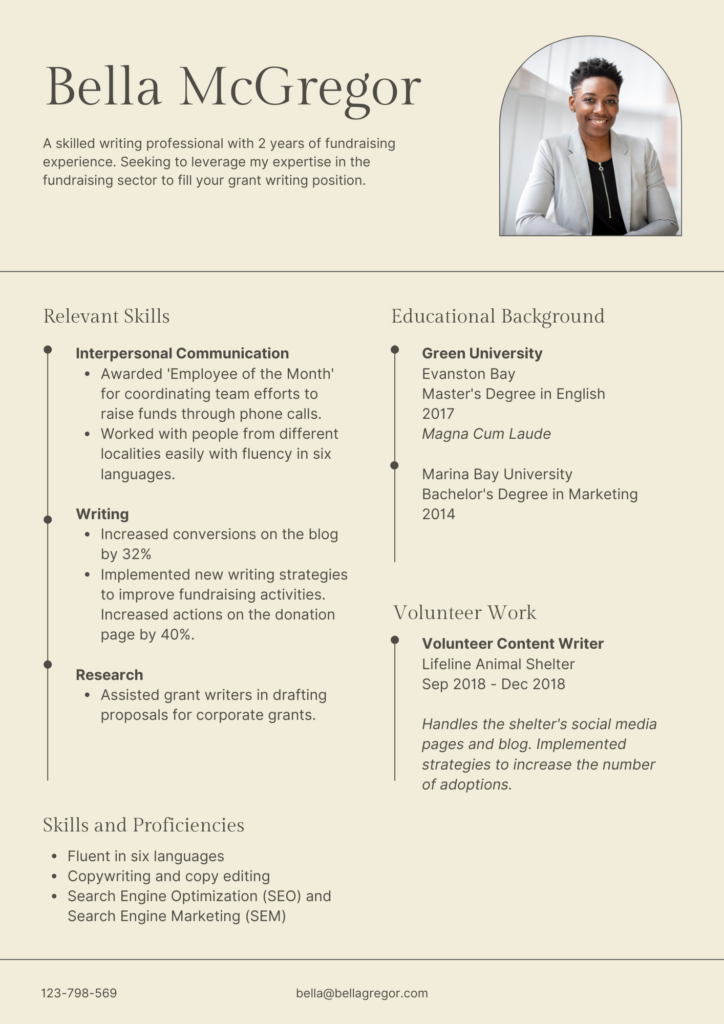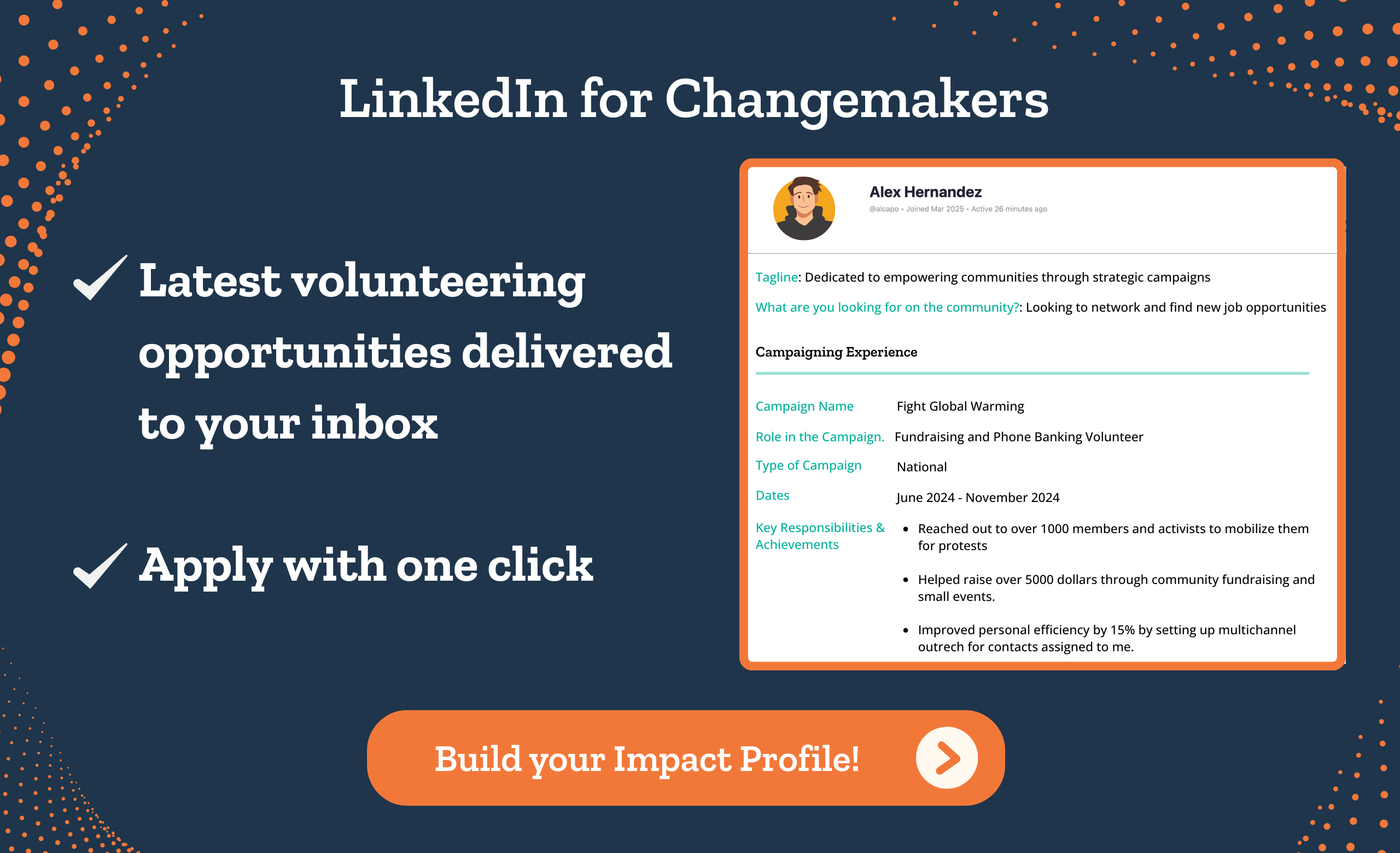Table of Contents
Fundraising efforts is NOT easy. It requires a whole set of skills to convince people that your cause is worthy and get them to donate money to you. Raising money through campaigns, organizing charity events, driving people to donate through online platforms are all considered fundraising experiences. If you are someone with fundraising experience looking to move jobs or a fresher applying for a fundraising job for the first time – highlighting your skills on your resume is imperative.
For a multi-tasking role that needs you to have many, many valuable skills, we’ve written this article to help you through your job search process. Find out about fundraising job opportunities, fundraising experiences, fundraising campaigns, and how to write that perfect fundraising resume for success!
Is fundraising a good job?
My short answer – Yes! Fundraising efforts uniquely test your powers of persuasion, quick thinking, communication skills, and more. And the perks? It also pays well and fundraising campaigns lets you work in the nonprofit and political space if you are passionate about these industries.
Not only that, but you also have growth opportunities and might someday lead fundraising campaigns if you play your cards right.

What is involved in a fundraising job?
There’s no one path that a fundraiser can take when applying for a fundraising job. Depending on your level of fundraising experience, interest areas, and educational background, you can apply for various fundraising positions. Here are a few positions to consider:
- Planned giving professional: Sometimes, people want to donate their entire wealth to causes close to their hearts after death. Planned giving professionals help them do just that. They also help people set up gift annuities. This role is especially suited to attorneys, financial planners, or bankers looking to work in the nonprofit or political space.
- Major gift professional: This is a challenging yet fulfilling position. People working in major gift positions are involved in negotiating donations from high-value clients or major donors. Pursuing major donations requires understanding an organization’s mission, nuance, relationship building, and extra care. Major gifts professionals are paid excellent salaries, and it is a very sought-after position for fundraising experience.
- Campaign specialists: Campaign specialists are experts in managing complex coordination processes during ongoing campaigns. They could manage special campaigns organized once in a few years, such as capital campaigns or ongoing campaigns such as Giving Tuesday campaigns. Typically, individuals specialize in only one such campaign. Fundraising experience as campaign specialists could lead to easy transfers to another organization and even top leadership positions.
- Annual giving specialist: Annual giving is a significant source of a nonprofit’s revenue and focus of their fundraising efforts. Annual giving campaigns run through the year to cover everyday expenses like staff payments, software subscriptions, infrastructural costs, etc. These campaigns use a multi-channel approach and reach out to potential donors through direct mail, newsletters, social media, texting, and calling. Annual giving specialists strategize fundraising opportunities for this crucial revenue stream, which deeply involves peer to peer fundraising.
- Corporate giving: Corporate giving programs allow companies to make donations to causes for the good of society – in line with their organization’s mission. Corporate giving specialists draft proposals for corporate foundations, organize matching gift programs for nonprofits, gain sponsorships for a political campaign or nonprofit organization, etc. One of the keys to success in this area is having a business education or an extensive network of business contacts.
- Special events: Every campaign needs an event planning coordinator. If you love planning fundraising events, then this job is perfect for you. Your responsibilities may include managing the event calendar, coordinating every aspect of a special nonprofit or political campaign event, managing the budget, managing volunteers, and running outreach campaigns to invite potential donors and supporters. The bigger the campaign you work for, the more special events you get to plan and execute.
Read Also: Nonprofit Event Management: Vital Tips & Tools For Your Events
- Writing: Writing might seem like an odd addition but it is a very crucial aspect of fundraising. Writing content for letters to high-value donors, newsletter campaigns, website content, sponsorship decks, and more. If you are an English major or have significant journalistic or PR experience, this job might be perfect for you.
You could also work as a grant writer and researcher. Grant writers research the industry they are working in and apply for state or federal grants. They write proposals that detail their company’s work and how the grant money will be utilized. successful fundraising campaigns can be built entirely through such grants.
- Social media coordinator: Social media is an increasingly important aspect of fundraising. Creating awareness and goodwill for your fundraising campaign through social media is a great way to raise funds. Nonprofits and political campaigns also promote their events and drive attendance through social media. As a social media coordinator, you will be responsible for all these activities and increase engagement for your campaign through platforms such as Twitter, Instagram, TikTok, or Facebook.
- Data entry and donor management: Managing data and being great at it is a great way to land a fundraising job. Fundraising is challenging without the correct data to access, such as the right people to contact for high-value donations, understanding and maintaining relationships with repeat donors, finding potential donors to reach out to. A data entry and donor management job is a great way to gain fundraising experience.
The fundraising jobs listed above are highly sought after and can get you a great fundraising experience. When you seek a job in the political or nonprofit sector, you may want to consider these roles, and how they tie into the professional and personal future, you envision.
Resume best practices for fundraising experience
Before we share resume samples and templates for fundraising experience, it is essential to know some best practices.
- Make a list of your skills and professional experiences: When you begin writing your resume, write down a list of skills and professional experiences that you have gone through. List your technical skills, interpersonal skills, and skills especially relevant to the job you are applying for. For example, if you want to apply for the role of a social media coordinator, then relevant skills may include planning and designing an annual social media calendar or basic SMM knowledge. The same for any fundraising events you have helped set up.
- Compare your skills and professional experiences to the job description: You may not always have all the skills that a job profile asks for, but you could still be a great fit for the role. Explore ways in which the candidate requirements and your skills align. You can highlight this in your resume when you start writing it.
- Tailor your fundraising resume to the job description and keywords: When employers create a job description, they use key phrases to narrow down the exact skills they are looking for in a candidate. For example, ‘fundraising events’. When you incorporate keywords from the job description into your resume, you automatically boost your chances of being selected.
- Use reverse chronological order: Using reverse chronological order simply means listing your most recent experience first and your initial experiences last. Doing this is a great practice because it highlights your most recent fundraising experience, current responsibilities, and your current range of skills. This makes it easy for the employer to understand how nicely you fit into their candidate requirements and organization.
- Start each job responsibility bullet point with an action verb: When you write down your fundraising experience and other relevant experiences, make sure you begin each job responsibility with action words. You can use words such as developed, innovated, created, collaborated, raised, assisted, reached out. This creates a more significant impact on the person reading your resume, and you seem like an action-oriented person.
- Make sure each of your job responsibilities is results-oriented: Your job as a fundraiser will focus on the results you can generate to influence revenue. When you build your resume, write down the results you achieved and the responsibilities you had. For example, if you helped your nonprofit organization raise $40,000 even though you were just an intern – that’s something to brag about and write down!
Fundraising experience resume templates
Armed with best practices and the knowledge of different job opportunities available, you are now all set to begin building your resume. We explore two types of resumes:
- Chronology-based resume
- Skills-based resume
Choose the kind of resume that best appeals to you, and you are all set to land a job running fundraising events.
Chronology-based resume
A chronological resume is a more traditional way of resume writing, and it lists your experiences starting with the most recent one and then previous jobs held. This type of resume is excellent for individuals who have previous fundraising experience and can list several experiences.
Here are the main sections of a chronological resume:
- Contact information: Your name, phone number, and email address. You can also add your social media handles if they are relevant.
- Professional title and resume summary: Mention your current role and briefly expand
- Work experience and achievements: Total number of years you have worked, the organizations you have worked for, and the highlights of your work experience.
- Education section: All your educational qualifications, university major, certificate courses, etc., relevant to the fundraising job you are applying for.
- Your top skills: Skills matching the job description you believe you possess.
- Optional sections: Languages you can speak, certificates, volunteer experience, etc.

Skills-based resume template
A skill-based resume focuses more on the skills you have rather than the number of jobs or volunteering experiences you have had. It is a great way to showcase your fundraising experience, successful campaigns, and the skills you have honed over time. A skills-based resume is a great option for freshers or people who have gained experience through a mix of volunteer and paid work.
Here are the main sections of a skill-based resume:
- Contact information: Your name, phone number, and email address. You can also add your social media handles if they are relevant.
- Introduction: A summary of skills that you will elaborate on later on.
- Relevant skills: Skills relevant to the job you are applying for and accomplishments or instances to back them up.
- Education: Your university major, any significant certifications, etc., especially courses that tie into the skills you are talking about.
- Optional sections: volunteer experience, awards, professional experiences, etc.

The way forward
While we wish you all the luck in the world to land your fundraising job, there’s more we would like to do. CallHub has an array of resources that can help fundraisers like you and successful campaigns. It may even help you better prepare for the job that lies ahead.
Read our article Nonprofit Fundraising: Strategies & Ideas for Success to know more.
Featured Image Source: cottonbro

